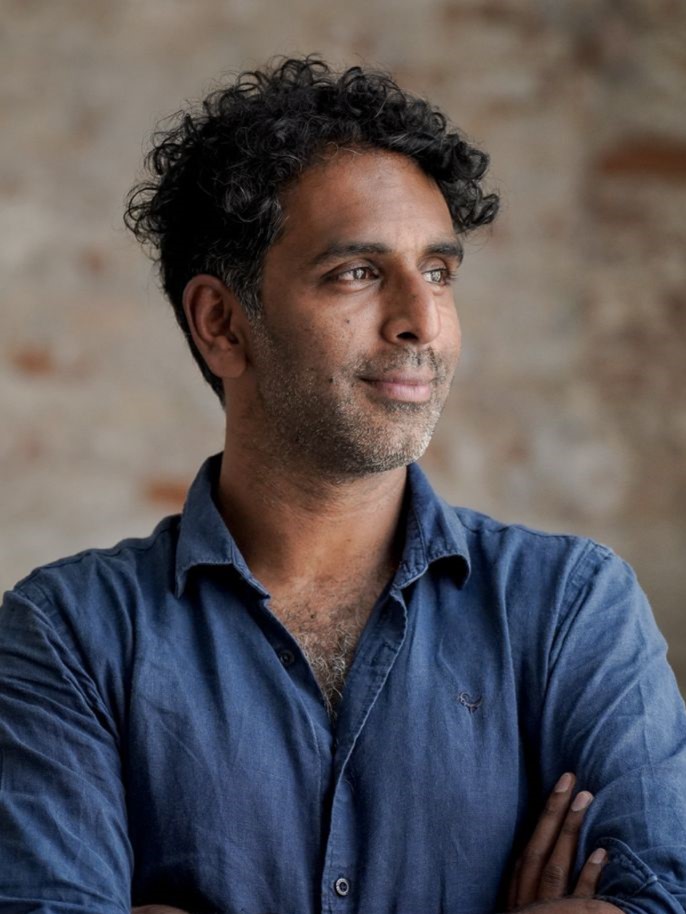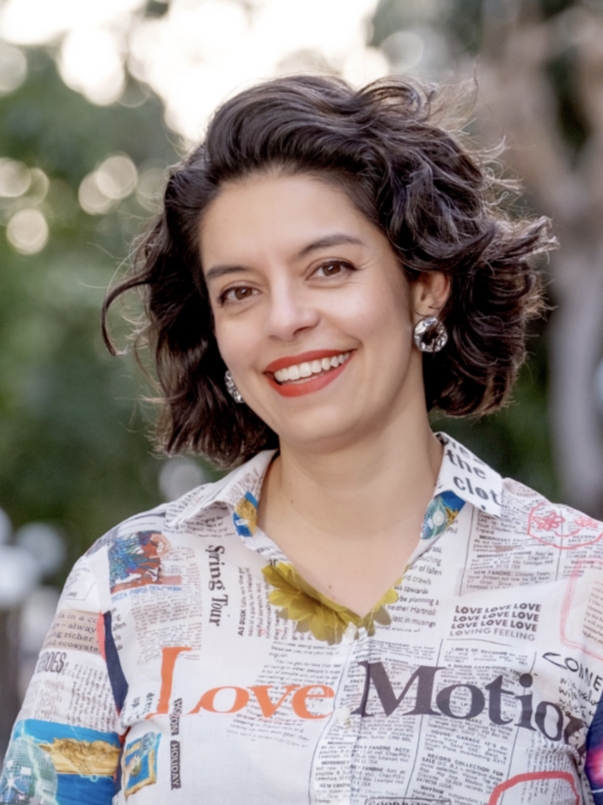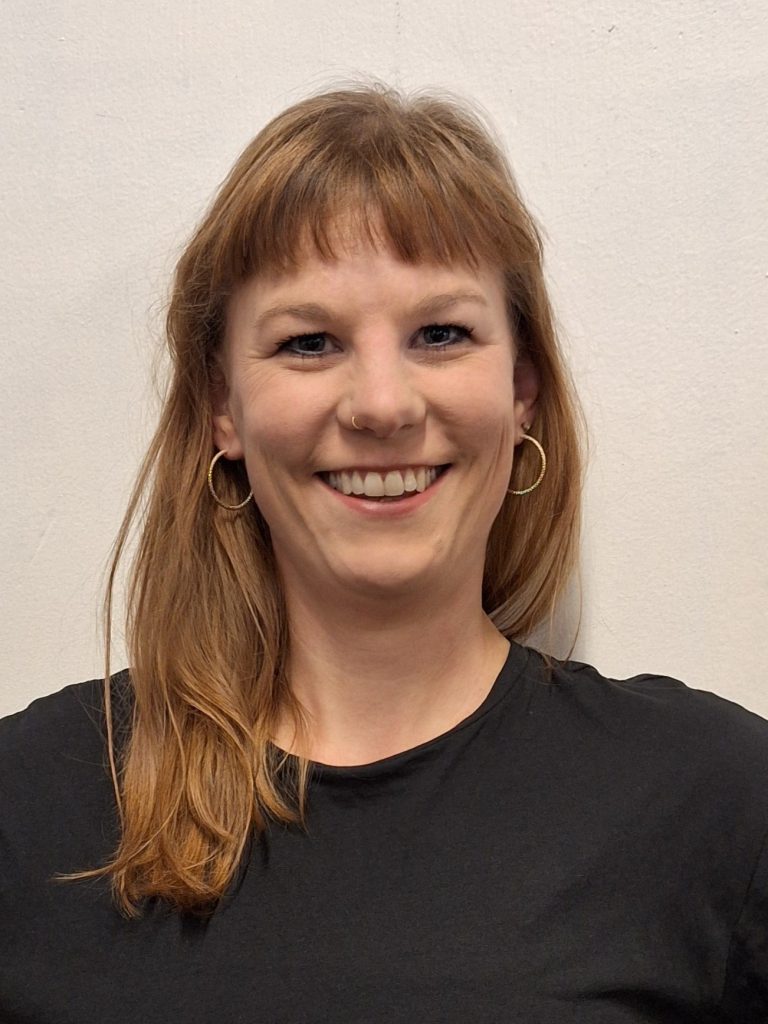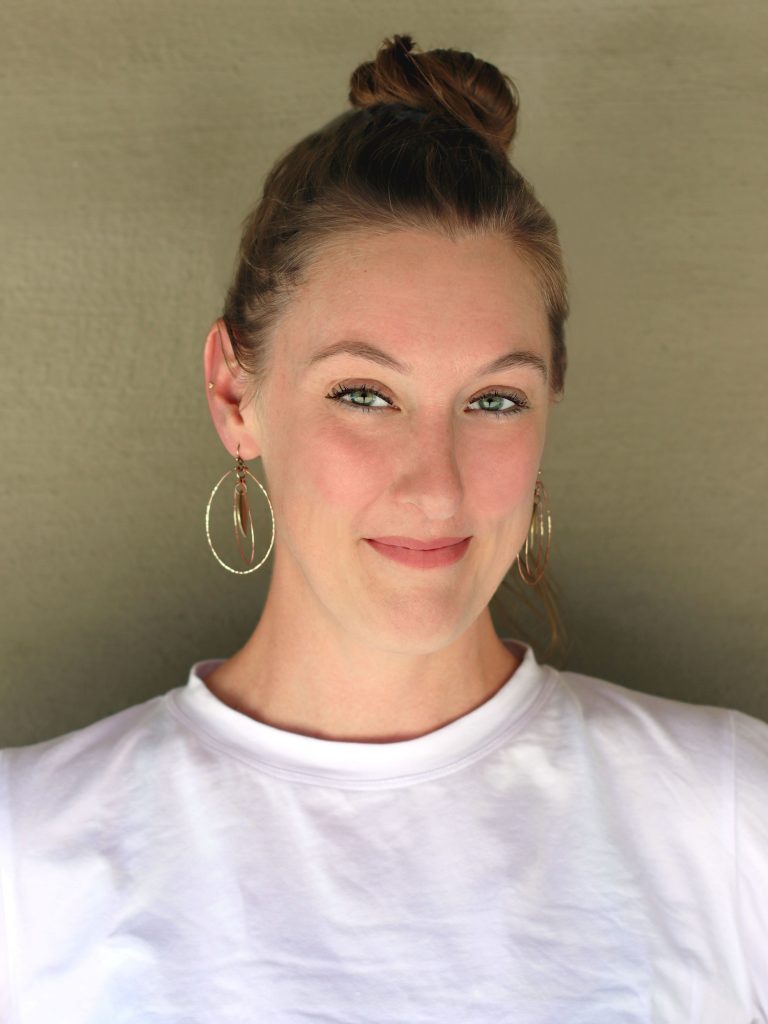This is the first episode in a new series on urban polycrisis!
The series will explore the complex set of protracted, interconnected, and mutually reinforcing crises that disproportionately affect urban centers and urban populations, ranging from housing, democracy, transit, infrastructure, inequality, conflict, the environment, to health. That cities experience crisis is nothing new, of course. And many urbanites experience crisis as an everyday reality. Our series takes stock of these conditions and explores the idea of polycrisis as a means of capturing contemporary constellations of crisis.
Our contributors explore both historical trajectories and contemporary manifestations and experiences of urban polycrisis in different geographic regions, from Columbia to South Africa to London, while highlighting the potential of insurgent practices that develop in response.
What relevance do discussions of the “urban polycrisis” have for places in the Global South? This episode of the Urban Political Podcast examines how the urban polycrisis manifests in housing production and urban infrastructure, from an alleged fraying of the social fabric to continually increasing environmental damage and deeply entrenched inequality. Catalina Ortiz (University College London(, Thireshen Govender (UrbanWorks), and Katrin Hofer (ETH Zurich) convey their experiences with the constant state of polycrisis in places like Colombia and South Africa. Where the state cannot fully supply the conditions required for people to flourish – where people are long accustomed to taking the maintenance of everyday life into their own hands “insurgently.”
Hosted by Lindsay Blair Howe (TU Munich), this episode highlights how researches and practitioners are conducting their work in spite of – or even by finding opportunities in – the constant state of crisis. These observations and actions may also provide solutions that the Global North will soon require. As of mid-2025, we have passed the critical 1.5 degrees benchmark, are enduring multiple megalomaniacs at the helm of national governments, and continue to use far more resources than our planet could ever supply. We may not have the tools or imagination to respond to these challenges like places where the polycrisis is the norm.
Tune in for a provocative dialogue across Africa, Latin America, and Europe – and on lessons places like Johannesburg can teach the world.
Note: This discussion began as panel on the urban polycrisis at the ETH Zurich in December 2024, as a part of the series of events co-organized with the urban publics Zurich – upZ group including professors Hanna Hilbrandt (UZH), Lindsay Blair Howe (TUM), David Kaufmann (ETHZ), and Philippe Koch (formerly ZHAW).
Guests:

Thireshen Govender
Thireshen Govender is an architect, urbanist and researcher practicing in Johannesburg, South Africa. In 2008, he founded UrbanWorks, a design-research studio concerned with the design and implementation of transformative infrastructures in post-traumatic sites. He co-authored Township Economies: People, Spaces, Practices in 2020.
His research and design work examines the hidden forces shaping cities, while simultaneously experimenting with methods for radical speculation in the context of extreme urban crisis. Thireshen is currently a core faculty member at the African Futures Institute (AFI), instructing in the upcoming 2025 Nomadic African Studio, and is a Research Fellow at the University of Johannesburg Graduate School of Architecture (GSA).
His photo is courtesy of Andrea Avezzù, La Biennale di Venezia.
Instagram: @urbanworks_a_u ; @thireshen
LinkedIn: https://www.linkedin.com/in/thireshen-govender-169a351b4/

Catalina Ortiz
Catalina Ortiz is a Colombian urbanist and educator who is passionate about spatial justice. Professor Ortiz is committed to an ethics of care and an engaged scholarship to trigger radical spatial imagination for a negotiated co-production of space. She uses decolonial and critical urban theory through creative methodologies to study the politics of space production to foster more just cities and the recognition of multiple urban knowledges.
Her work revolves around critical urban pedagogies, planning for equality, and southern urbanisms. She is Director of the UCL Urban Lab at the Bartlett Faculty of the Built Environment at University College London (UCL).
Instagram: @archi_cata
LinkedIn: https://www.linkedin.com/in/catalina-ortiz-1a173524b/

Katrin Hofer
Katrin Hofer is a Postdoctoral Researcher and Lecturer at the Spatial Development and Urban Policy Research Group at ETH Zürich. She holds a PhD from ETH, where she examined public participation in urban development through fieldwork in South Africa. Katrin also earned an MSc in Urban Development Planning from UCL’s Bartlett Development Planning Unit and a BA in Social Work and Social Policy from the University of Fribourg. She has contributed to applied research and development projects across Europe, Sub-Saharan Africa, and Southeast Asia. Her research interests include urban development planning, participatory processes, housing, urban informality, feminist planning, and Southern urban theory, using both qualitative and quantitative methods.
Instagram: @katrin2796
LinkedIn: https://www.linkedin.com/in/katrin-hofer-phd-9392b77b/
Host:

Lindsay Blair Howe
Lindsay Blair Howe is a scholar and (very occasional) practitioner passionate about generating urban theory from South Africa. She is the author of the forthcoming book Extra/ordinary Johannesburg: Centrality, Periphery, and the Spaces Between (UCL Press) as well as many scientific publications on urbanization, mobility, and everyday life.
Lindsay is Professor of Urban Development and Spatial Planning at TU Munich, where she leads the Centre on Urbanisation and Peripheralisation (CUSP). Her group analyzes gendered and ecological dimensions of extended urban regions, using qualitative and mixed-methods tools along with comparative approaches. She is particularly interested in cultivating links across science and society, through studio design training and formulating built-environment policy outcomes. Photo by Graeme Götz.
Instagram: @urban_linsen
LinkedIn: https://www.linkedin.com/in/lindsay-blair-howe/

